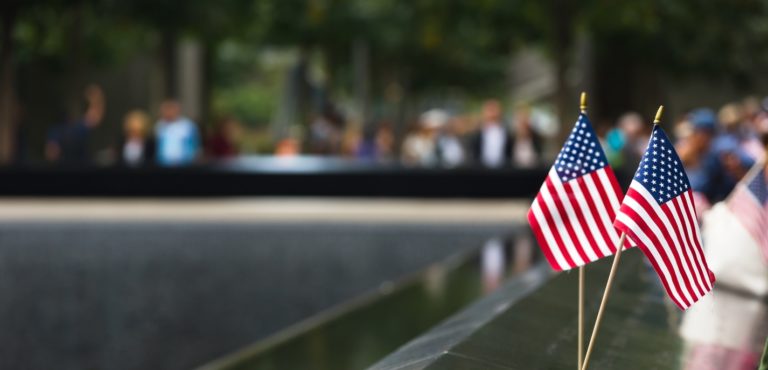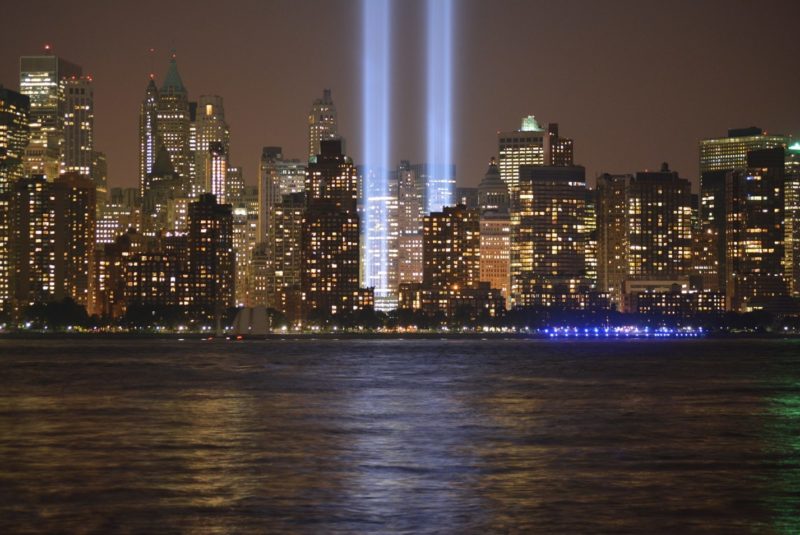Much of the world stood still on September 11, 2001. The men and women who showed up as first responders to the scene put their lives at risk to help others. Some of these early responders were injured on site, and some were diagnosed with cancers and other medical conditions in the years since.
After that fateful day, the United States Congress passed the James Zadroga Health and Compensation Act, which created the 9/11 Victim Compensation Fund to aid first responders and their families with financial compensation. More than 16 years later, many families wonder if they are still entitled to claim after so much time has passed. According to a New York 9/11 lawyer, the answer is yes; here’s the explanation.
The Zadroga Act
President Obama signed the James Zadroga 9/11 Health and Compensation Act into law on January 2, 2011. The law is often called the Zadroga Bill for short.
The Zadroga Bill created the September 11th Victim Compensation Fund (VCF), with its mission being to provide financial compensation to people who have been diagnosed with cancers and other medical conditions. Originally, the VCF was scheduled to accept claims from 2011 to 2016. But in 2015, with people still being diagnosed with cancers and other conditions, Congress passed the Reauthorized Zadroga Bill, which extended the VCF through 2020.
The new deadline for filing a VCF claim is December 18, 2020.
How to File a Claim
You may choose to file a claim online or through paperwork. Visit the September 11th Victim Compensation Fund’s website to learn more about the required documents and how to obtain them. Once you have submitted a claim, the VCF does a preliminary review to confirm that all paperwork was provided and the information on them is accurate.
 There are additional documents and records you may need to submit to allow the VCF an in-depth review of your claim. Documents required by the VCF include affidavits, or other acceptable proof that you were in Lower Manhattan between September 11, 2001 and May 30, 2002, medical records and pension records.
There are additional documents and records you may need to submit to allow the VCF an in-depth review of your claim. Documents required by the VCF include affidavits, or other acceptable proof that you were in Lower Manhattan between September 11, 2001 and May 30, 2002, medical records and pension records.
Any missing documents must be sent within 60 days of receiving a letter indicating which ones are required. If you fail to provide the documents, your request may be denied, though you may amend it later once you can provide the missing paperwork.
How Long Will It Take?
There is no set amount of time that VCF has to review claims. The review process often depends on the complexity of the claim. Claims in which the Victim is disabled or has died due to their eligible condition, are more complicated and usually take longer for VCF to review.
The VCF is still active, funded, and accepting new claims. Do you have questions about how you can submit a VCF claim? Contact a 9/11 Victim Compensation Fund lawyer at The Dearie Law Firm P.C. today. We represent first responders, residents, students and volunteers from around the country who were in Lower Manhattan after 9/11.

